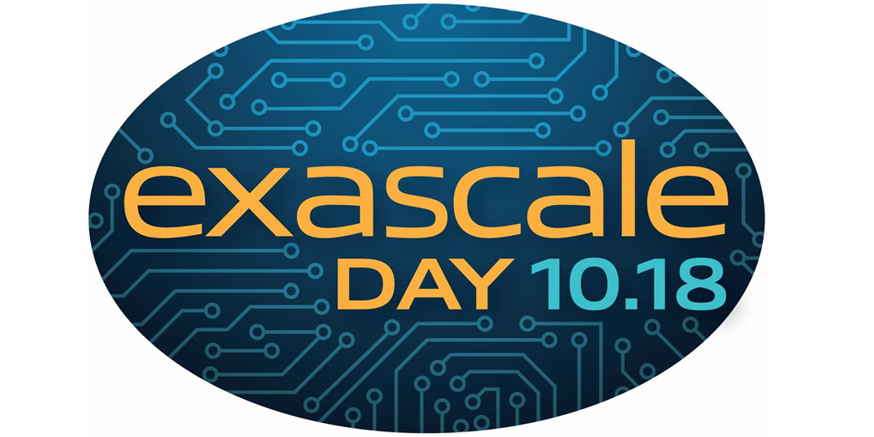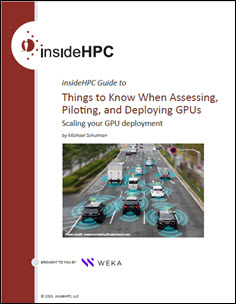In this Roadhouse podcast, Dr. Greg Bowman from Folding @ Home describes the how crowdsourced computing is being used to fight the coronavirus and how we can get involved.
We are excited to announce a new batch of small molecule screening simulations are now up and running on Folding@home! These simulations will help prioritize which molecules will be synthesized and assayed by the COVID Moonshot aiming to rapidly developing new therapies against the SARS-CoV-2 main viral protease. Over 1900 unique crowdsourced small molecule designs building on the DiamondMX fragment hits to the SARS-CoV-2 main viral protease (Mpro) were submitted to the COVID Moonshot project in just a few days!
Please note that these new projects can only be run on CPUs. They complement the many Folding@home COVID-19 projects that are already running on GPUs, and they allow everyone to join in to help in the fight against COVID-19.
We are using an alchemical free energy calculation method called free energy perturbation, or FEP, to estimate the affinity of a potential drug molecule to its receptor. FEP methods are very expensive compared to other methods like docking, but with the advantages of high accuracy and physical insight. We are using protocols very similar to those used in the most recent SAMPL blind challenge. The calculation involves decoupling the drug molecule (by turning off its electrostatic and dispersion interactions) from its receptor, and again for a molecule in water. For the latter type of simulations, unfortunately there’s not much to look at the Folding@home viewer, because there’s no protein being simulated. However boring these projects appear, please keep in mind that they are absolutely essential to our success.
Sign up for our insideHPC Newsletter





